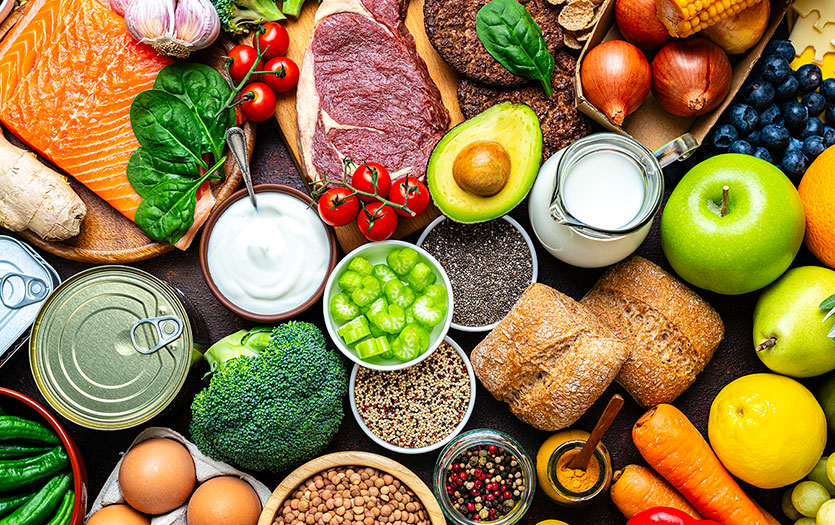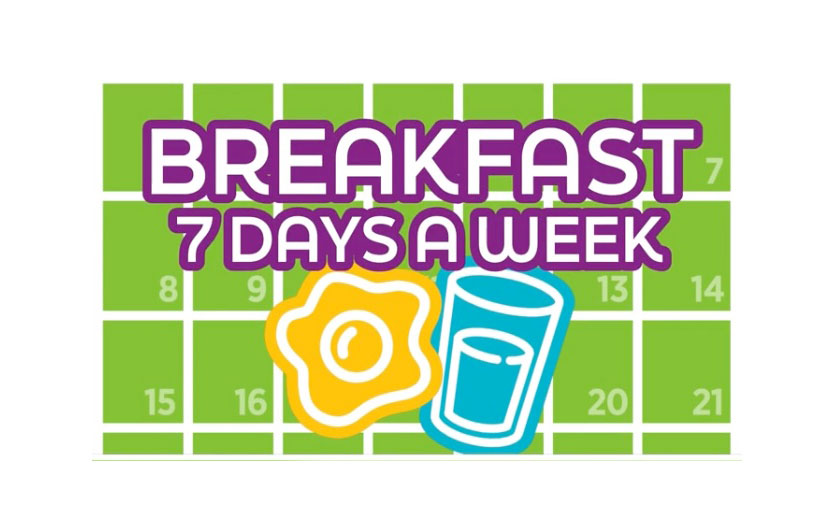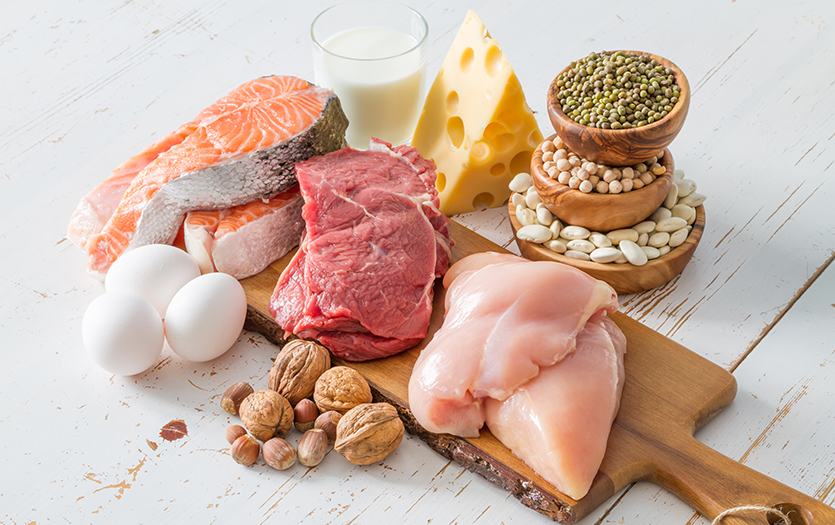
Most gym owners will tell you that this is their busiest time of year. Machines and classes are crowded with men and women working toward their well-intentioned weight loss resolutions. But is exercise really the fastest route to achieving those goals? Ryan Singerman, DO, PPG – Weight Management & Bariatric Surgery, makes the case for adopting a different perspective on the role of physical activity.
A flawed equation
When most people think about exercise, they think of the false premise that to lose weight, you have to eat less and move more. The vast majority of people believe that, if they’ve gained weight, they just need to go to the gym.
We have this preconceived notion that exercise is the cure for weight gain, but something doesn’t add up. If you were going to the gym, stopped going and started gaining weight, that would make sense. But many people aren’t exercising, start gaining weight and think that now they need to start going to the gym to lose it. That weight gain is a result of an increased calorie consumption. The key to losing it is to reduce your intake.
Understanding calories
If your body was a vehicle, calories would equate to your miles per gallon. We know that if we put one gallon of gas in a car, then we can expect to be able to drive a certain number of miles on that one gallon of gas. Our body requires energy like a car requires gas. A calorie is how many units of energy we need to burn to get through a day. Your resting metabolic rate is the number of calories you would need in a 24-hour period to keep your body in normal working condition if you were to stay in bed, not moving.
Our entire nutrition and food system has been erroneously set around 2,000 calories per day. The estimates on daily recommended values are based on this number. But your calorie needs may vary. Unless you’re a 6-foot-tall, 20-year-old male, you don’t need 2,000 calories a day. Height and gender factor in to your calorie requirement because hormones are at play. If you want a rough estimate of how many calories a day your body really needs to maintain your current weight, consider that every pound of body weight requires 10 calories to maintain itself. So a 200-pound man requires 2,000 calories. This varies based on activity and other considerations.
If you take in more calories in a day than your body requires, then that extra energy is stored as fat. If we go back to the car analogy, we know that when we push down on the gas petal, the engine makes the wheels move. Food break down into calories, which turns into energy, and that moves muscles and makes organs work. Even when we’re not moving, our body still needs calories to operate. We take those calories either from an external source (the food we eat), or stored energy (fat). In extreme situations, such as starvation, the body burns tissue and muscle to come up with those calories. This is particularly dangerous, because if this process breaks down the protein structure of the body, it can no longer support life.
The truth about exercise
The idea that, in order to lose weight, one must exercise really originates with people who have something to promote, such as gym owners. They show people going from an unhealthy weight to a healthy weight because they bought something or did some program.
But let’s look back at calorie requirements. If you are 5’2” and have a sedentary job, and you eat close to 2,000 calories per day, you’re going to put on weight. To create a deficit, you’d need to cut out approximately 800 calories throughout your day. You can do this by reducing your intake or trying to burn 800 extra calories at the gym. And here we arrive at the crux of the issue. Most people who want to lose weight, don’t alter their other lifestyle habits, and just want to run on the treadmill for 30 minutes. In order to burn the number of calories you would need to burn to lose weight, you would have to exercise for more than an hour every day to make up the difference. This is partly why exercise fails to give results. It’s very difficult to sustain. Something always comes up. Life is busy!
Let me be clear, I am certainly not anti-exercise. It’s great for mental and physical health, especially for our lungs and heart, and it’s an important aspect of our overall well-being. But exercise is a terrible way to lose weight. The truth is, 80-90 percent of weight loss is based on energy balance. If you’re trying to balance that energy by just going and burning it, you’ll always lose that battle. Competitive athletes consume 12,000 calories a day, but they train 8-9 hours every day. That’s the disconnect. They have personal trainers and chefs. That’s not reality.
A trick for weight loss
Did you know that not all exercise is created equal? There’s a trick to leveraging exercise to encourage weight loss. Aerobic exercise – running, swimming, biking – is the worst way to lose weight, which is counter intuitive. We see these runners or cyclists on the side of the road and they look like they’re in tremendous shape. But when people are doing those activities, they are only burning calories while they are doing that activity. When they stop, their heart rate returns to normal and they stop burning calories. This is great for their heart or for training for a big event, but not great for losing weight.
Statistically and scientifically, the best way to lose weight is by building muscle. This means doing weighted exercises, body weight exercises and weight lifting. When you build more muscle mass you build cells that need energy. Those cells will increase your basal metabolic rate. If a person was 5’2” and put on more muscle, instead of needing 1200 calories a day, they might need 1400 or 1500 because they’re building muscle and muscle needs more energy. So, building muscle means burning calories 24 hours a day, not just when you’re doing activity.
Making lasting change
For real, sustainable change, your diet is key. Go to the gym and get into a healthy routine for overall health, but if you’re just trying to get on a treadmill and lose 10 pounds, it’s going to be difficult unless you put real change into your nutrition.
You’ve heard the saying, and it’s absolutely true, “A 6 pack of abs isn’t made in the gym, it’s made in the kitchen.”




